 CBAN would like to welcome our newest CBAN advocate member, Strategic Marketing Services at the University of Northern Iowa (UNI). SMS has worked with a number of municipal broadband providers to help them understand their customers' needs. We asked Christy Ryken with SMS to share some information about the organization and its mission. At Strategic Marketing Services, we are more than just a market research firm. We are your strategic partner, dedicated to providing you with exceptional customer service, creative problem-solving, and the intelligence, insights, and influence necessary to drive your business forward. SMS can help your organization deepen your market intelligence so you can craft business strategies that will improve your products and services, and even your customer relationships. As a full-service market research firm located within the University of Northern Iowa’s Wilson College of Business, we create customized research strategies designed to meet the unique needs of our clients. SMS specializes in working with municipal utilities to track customer satisfaction. Utility companies use the study as a monitoring tool to track satisfaction levels and to introduce new performance improvement measures. SMS has also conducted research for the Iowa Energy Center and the Iowa Economic Development Authority on Iowa utility workforce needs. Additionally, we have partnered with other UNI programs to assist Iowa utility and economic development organizations with business retention and expansion studies. Regardless of the client or project, SMS delivers the business intelligence you need to make wise decisions. Welcome to the CBAN family Strategic Marketing Services!
0 Comments
The FCC says Tone Communications, a Texas based ISP, used fake accounts and other falsified records to accept just over $14 million in fraudument ACP reimbursements from March 2022 to the present. The fraud occurred during the Emergency Broadband Benefit (EBB) and it's replacement, the Affordable Connectivity Program (ACP). In it's ruling, the FCC said Tone enrolled subscribers with fake or false indentifying information by either using an fake address or using the same address to enroll multiple subscribers. "The Bureau also found that Tone apparently willfully and repeatedly made misrepresentations to the Commission in it applications and election notice to participate in EBB and ACP, and to the Bureau in the course of its, investigation, all in violation of section 1.17. Tone also failed to respond fully to two Letters of Inquiry from the Bureau, which are Commission orders. We find that the proposed $14,021,293 forfeiture penalty reflects the scope, duration, seriousness, and egregiousness of Tone’s numerous apparent violations and resulting harm to ACP." - FCC ruling on Tone Communications subsidy fraud Tone is based in Bastrop, Texas but has also has customers in Oklahoma. It operates a 5G wireless internet service. And although the ACP is in wind-down mode, there is no reference to the ACP ending on the company's website.
CBAN is a big supporter of community-owned broadband networks, as well as private providers with strong community roots. So we were excited to read a recent report by our friends at the Institute for Local Self-Reliance which outlined just how much the municipal broadband community has grown in recent years and just how far we’ve gone since the early days of maverick municipal networks like Glasgow, Kentucky, which was the first publicly owned network to offer internet service.
Our guests on this edition of Broadband Bytes were both involved with putting together the ILSR’s report. Welcome Sean Gonsalves and Ry Marcatillio! 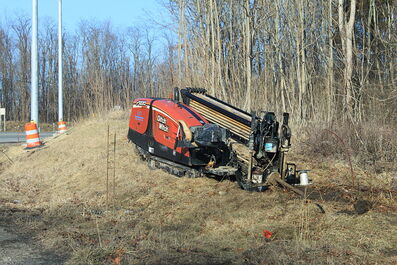 Dwight Burdette, CC BY 3.0 Dwight Burdette, CC BY 3.0 The Fiber Broadband Association has partnered with consulting firm Cartesian to release a new report about fiber deployment costs. The figures takes into account input from providers and contractors across 35 states. Not surpsingly, the report finds that the cost to build underground fiber networks is more than twice for aerial networks. The median cost for buried fiber was $16.25 per foot while aerial was just $6.49 per foot. The big difference, of course, is labor costs. Labor made up around 73% of the project costs for underground networks and 67% of aerial construction costs. Underground work in areas with rocky soil was double the cost of areas with soft earth. Fierce Telecom has a good article that outlines the key findings. Or to dig into the details, the full report is available HERE.
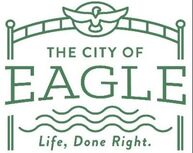 The community of Eagle, Idaho - population 32,000 - expects to begin hooking up the first customers to its municipal fiber network during 2024. The project will be conducted in multiple phases, with initial funding from ARPA. Free Wi-Fi in city parks will be available this year along with the first neighborhoods along the fiber route. The city estimates that 300 homes and 30 businesses will be eligible to connect to the network in the next six months. The city estimates it will take between five and ten years to completely build out the network.
As we have mentioned earlier, a state senator in Kentucky is targeting the Frankfort Plant Board (FPB), which operates a public broadband utility in the state's capitol city, with a bill that would seriously threaten their existence. A large number of public broadband advocates have come to the aid of FPB by expressing opposition to the bill. Below is a letter developed by CBAN expressing our support of FPB and opposition to this short-sighted attempted legislation. January 16, 2024
To: Members of the Kentucky General Assembly From: Curtis Dean, Community Broadband Action Network RE: Legislation forcing the sale of Frankfort Plant Board’s broadband business The Community Broadband Action Network, or CBAN, is a nationwide organization with over 150 members in 24 states and one Canadian province. Since its founding in 2018, CBAN has served as a passionate advocate for community-focused broadband. Our provider members are small providers, municipal utilities, independent telecommunications cooperatives and mutual associations, and privately owned companies with a strong community focus. Every CBAN provider member is a home-grown success story. We are proud to call Frankfort Plant Board one of those community minded members. CBAN’s mission is Building Broadband Bridges. So, it is disheartening to hear that the Kentucky Legislature is thinking of tearing down the broadband bridge that has served the community of Frankfort so well for so long. The proposed legislation introduced by Sen. Gex Williams and aimed at the Frankfort Plant Board represents government action at its most callous. Creating a law to impact one company feels like petty politics at its worst. The people of Frankfort have spoken with one, clear voice: they love FPB and its service to the community. So do local leaders, including elected officials in the city and Franklin County. We ask a simple question: what public purpose does this legislation accomplish? We contend that no such public purpose exists, only the very private purpose of Sen. Williams’ political agenda and to benefit large, private providers with little community spirit that would likely swoop in and pick up the pieces from a shattered Frankfort Plant Board. On behalf of our CBAN team and our members, we strongly urge you to reject Senator William’s bill and allow the citizens of Frankfort to determine their own technological fate. According to a new report from the Institute for Local Self-Reliance, at least 47 new municipal networks have come online since the beginning of 2021, increasing the overall count to nearly 450 nationwide. The new wave of projects range from large to small, from full public operation to the open conduit network in the city of West Des Moines, Iowa. Regardless of size and business model, these public projects are bringing better broadband - and consumer choice - to many Americans. “Dozens of cities, ranging from five thousand and a hundred thousand residents alike, have decided that enough is enough. Instead of pleading with, or giving additional handouts to the monopoly ISPs, they’ve decided to invest in themselves. It’s exciting to see so much happening, especially since we know our numbers are not completely exhaustive as there are no doubt cities building networks that have not yet become active or reported service to the FCC.” - Christopher Mitchell, ILSR The article also points out that these public broadband successes have brought the anti-municipal forces. Dark money groups, fueled by big telecom companies, are continuing to expand efforts to undermine municipal broadband nationwide.
Boulder is the latest city in Colorado to take action to improve broadband services for its 100,000 residents through a public-private partnership. The city already owns a dark fiber backbone network, and is looking for providers that could lease capacity on that network and build out to homes and businesses. "Since 2018, the city has been working to build the necessary ‘fiber-backbone’ infrastructure needed to deliver high-quality fiber-based internet service. With the backbone construction nearing completion, this solicitation moves the city into its final band of work to ensure that all members of the community have access to affordable broadband service." - City of Boulder news release on RFP Proposals are due by March 1st. Interested providers can review the RFP at this link: https://www.bidnetdirect.com/colorado
Keynote speaker - Gigi Sohn, American Association for Public Broadband Our annual Spring Summit is a one-day event for communities exploring broadband options, current local broadband providers, advocates, and digital equity practioners or those thinking about their future digital equity initiatives. It's a concentrated afternoon of learning, practical advice, key policy review, and comeraderie for people across the broadband spectrum. Tickets to the CBAN Spring Summit are $10 per person for CBAN members and $20 per person for non-members.
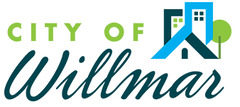 The city of Willmar, Minnesota is entering into a public-private partnership with Hometown Fiber to build and operate an open access fiber network in the central Minnesota community of 21,000. Under the open access model, the city will own the network and retain Hometown Fiber to operate and maintain it. Multiple ISP's will be allowed to access the network to offer connectivity to end users. The open access model has been successfully deployed at Utopia Fiber, Ammon, Idaho, and several other communities. The Willmar City Council will hold a work session on the project on January 22nd where they will review survey results, analyze marketing strategies, and review the operating agreement with Hometown Fiber. The project will be built in six phases and has a budget of $22 million. The city's website has additional information about the project.
|
Broadband Bytes NewsPresented by the Community Broadband Action Network and curated by Curtis Dean. Archives
July 2024
Categories
All
|

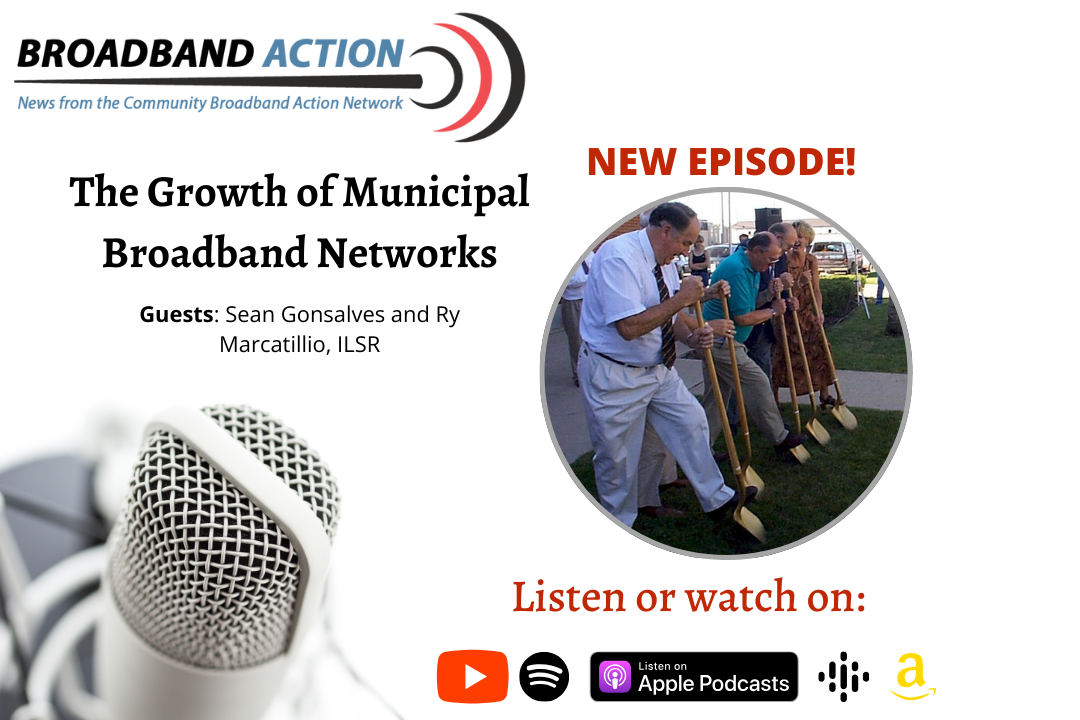

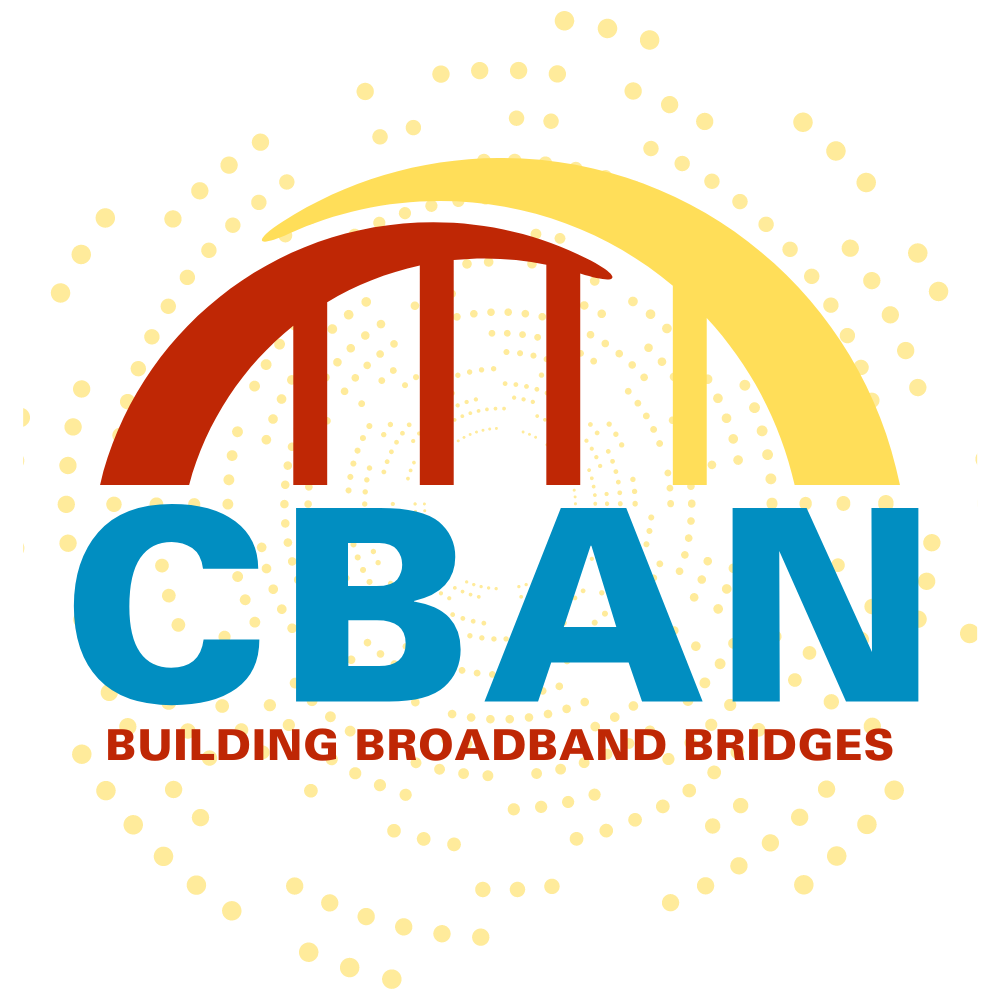
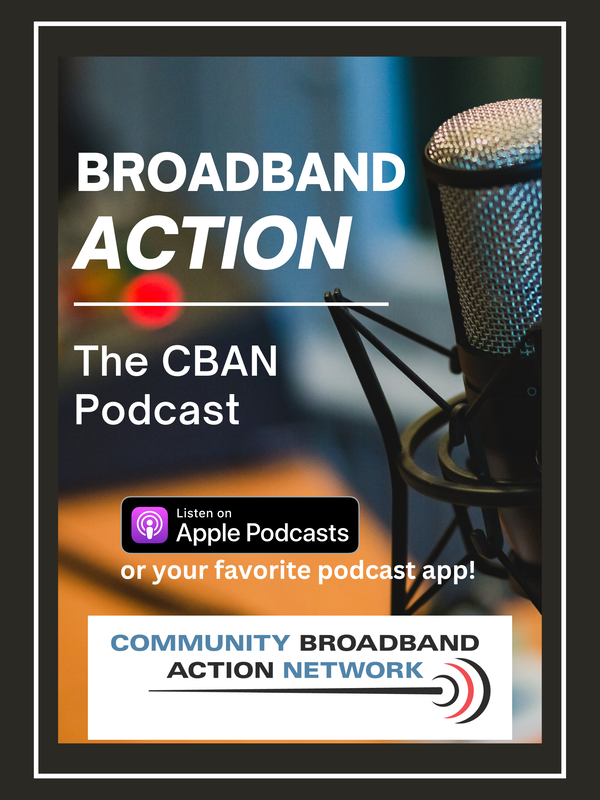

 RSS Feed
RSS Feed
